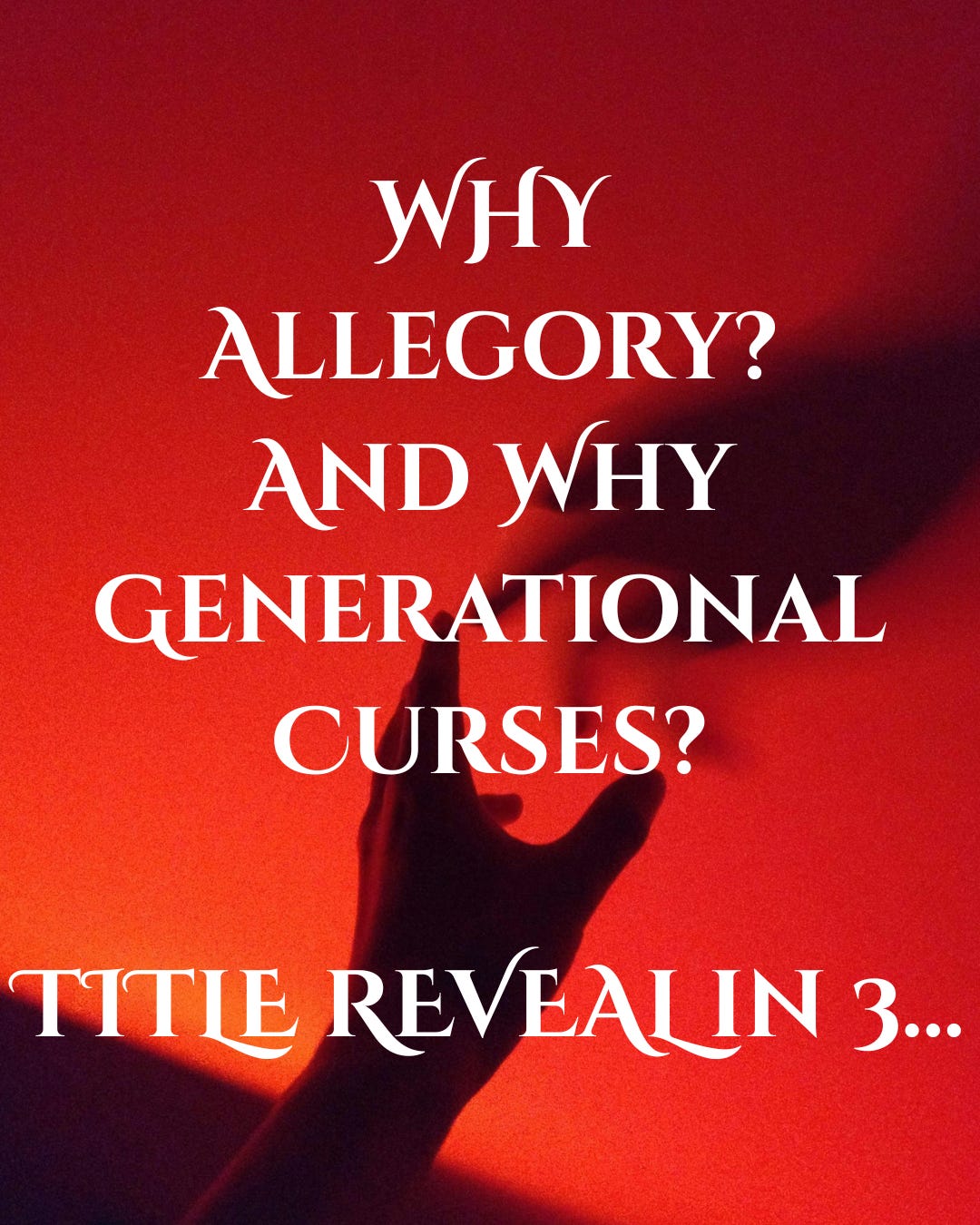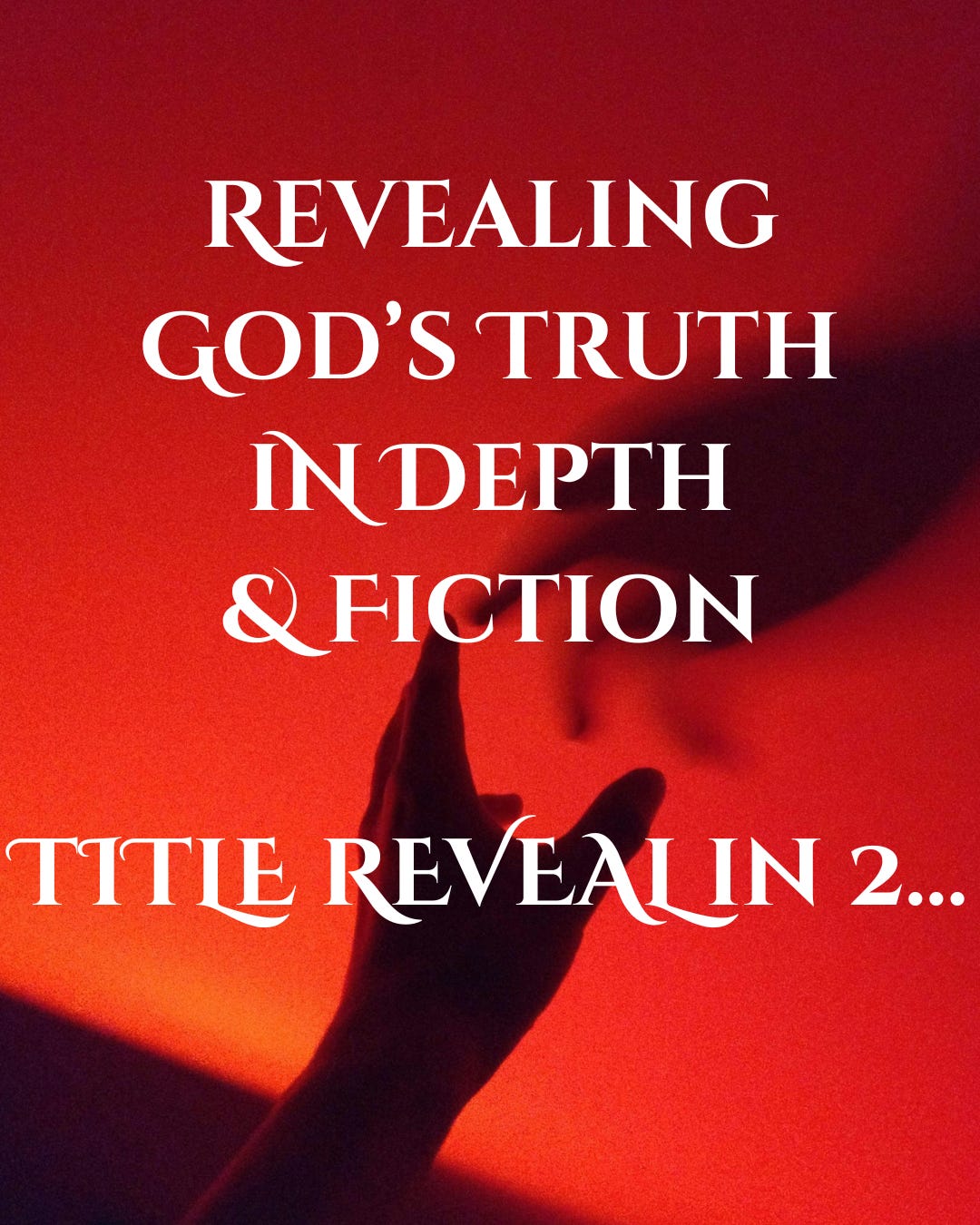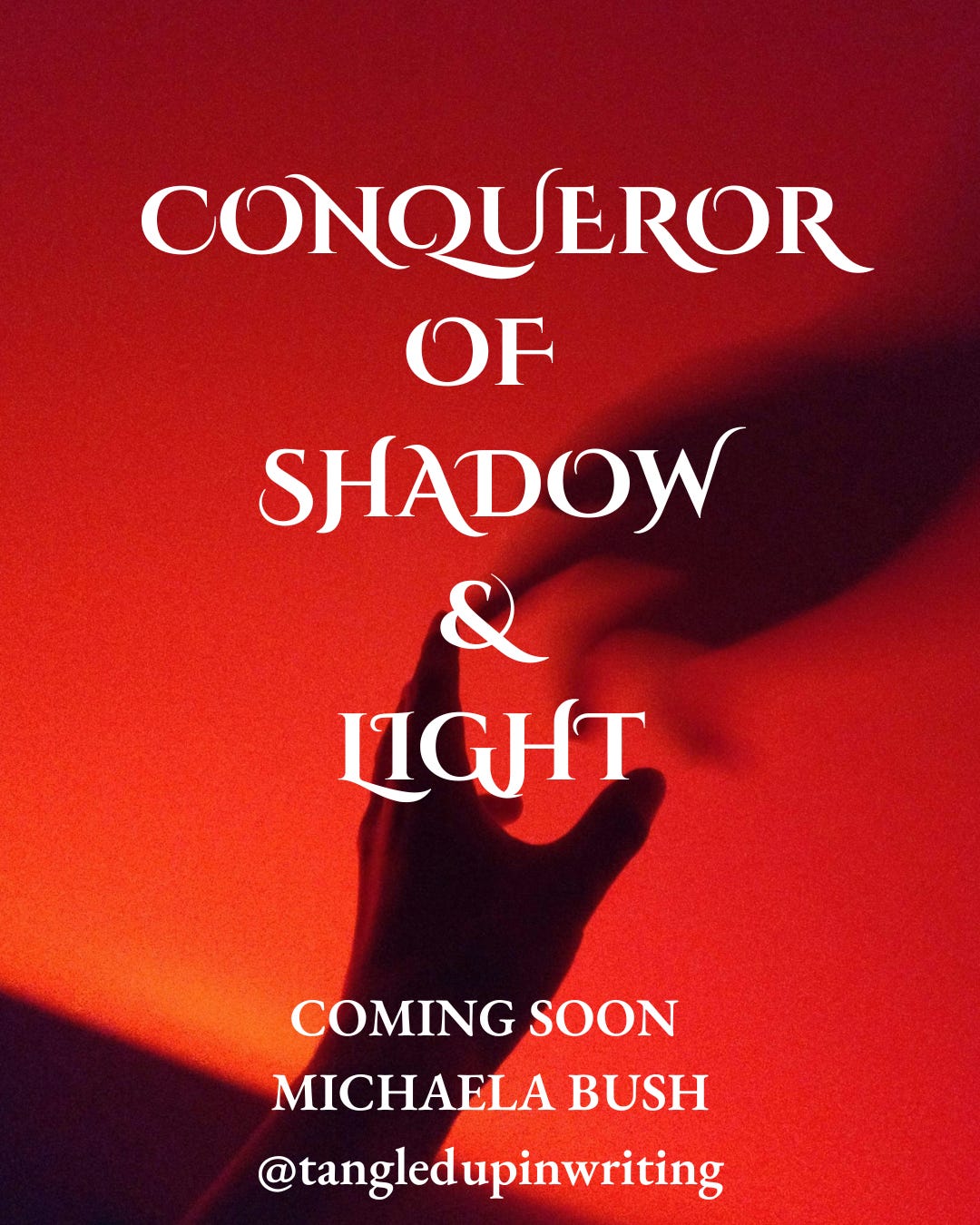A silent killer lives in the hearts of so many, infecting them, breaking them down, blocking them from moving forward in life: bitterness.
Taking a look around at our world, our relationships, and yes, even our churches, it’s easy to spot someone who just isn’t satisfied no matter what. Maybe they were hurt deeply by someone and held onto it. Maybe there’s a perceived wound that sprouted from a simple misunderstanding. Maybe it’s unforgiveness with a tap root in bitterness. I know people who have professed Christ and said they would never forgive someone who was long dead, over a misunderstanding that was cleared up decades prior. Their bitterness extended to the other person’s children and grandchildren who were not even alive when the original event happened. And I’ve known others still who don’t quite remember why, but they knew they had a grudge, an axe to grind, against another and held onto it like the air they breathed. And I’ve known others who severed ties with anyone and everyone because they were hurt one too many times and began to cut and run anytime they began to feel safe.
It hurts. And unforgiveness, bitterness, grudge-keeping, it all stems from a need for self-preservation that denies Christ’s protection and says, “I’ll take care of me better than You.”
I’ve been lured there, too, and drawn back out.
And I’m tired of seeing people break their own souls over grudge matches.
So very tired.
Which is where the new book idea emerged.
But who wants to read a contemporary or low-fantasy novel where everyone hates each other and learns to let go, love, and forgive others? We can look out the window and see that. So often, it’s easy to set a book aside and say, “Well, that’s because it’s fiction, and I’m in the real world where relationships are messier than that.”
Enter allegory.
Pointing Back to the Creator Creatively
In this book concept, I wanted to talk about generational curses. It is biblical (see this article from Focus on the Family) and I have seen it in real time. A generational curse is taking on the same mantel of sins your parents and grandparents took on (clear back to Eden), and you repeat them because in your eyes, you’re justified. This may stem particularly from abusive situations. But there is healing. All you have to do is accept Christ and give Him control over your heart and life. And forgive. Yet, so many hold onto that hurt and refuse to let go, even if it means healing and living a better life. And it’s an ugly story to witness, an ugly story to tell.
Which is why I believed allegory would be the perfect way to represent these struggles. Allegory reaches audiences who seek rich, deep moral stories. It helps break down hard theological discussion into simpler concepts readers can better connect to. Nobody wants preached at about bitterness and unforgiveness and how it kills. But if it physically poisons a character and displays the damage done to a person’s heart in a fantastical way—now that’s something that will stick with you.
Not only does allegory help us connect deeper issues with a palatable story, it also helps us portray not only the good, but also the evil, in a rich manner. Look at The Chronicles of Narnia. Aslan is the lion of Judah, or the Christ figure. The White Witch brings winter and decay with no joy or anticipation; she lures children with something that looks delightful but destroys the soul, and there is no Christmas with her reign. But once she’s gone, spring—or rebirth—can take place.
Allegory lets you go wild with symbolism and share truth that readers might shy away from in a different genre, different style, different story.
And in my story (you’ve known it as Project QSAL for awhile), a strange curse blankets a kingdom and sins are racked up via a black stain that works up your fingers through your veins and one day enters your heart, which will turn to stone. The prophesied Conqueror has yet to arrive. But Cove will stop the timeless war, no matter what it takes.
Why Write This?
I want to portay the decay that unforgiveness, bitterness, and generational problems create in someone’s heart and life. I want to show them Who breaks those chains, and that the power to overcome is near to them. All it takes is one name: Jesus. And a willingness to follow Him even when it hurts, even when it feels like you could do a better job protecting yourself, even when you wish the other person would get payback, even when you want to take matters into your own hands.
Because I’m tired of seeing people drink the poison of bitterness and watching for the other person to drop dead.
It’s a rallying cry to lay down your hurts and grudges and unforgiveness and bitterness and every last weapon satan has against your throat and to LIVE for the first time.
It’s an allegory showing how deadly those mindsets are and how deep those roots run.
It’s a book imploring you to shed what will hurt you and take hold of what is promised to you: wholeness, peace, strength, love.
It’s prose firmly rooted in the fact that your sharpest tool of bitterness here on earth is useless, and the unforgiveness and bitterness you think is hurting someone else or “getting back at them” or “giving them what they deserve” is actually poisoning YOU more than it is them.
Let go of your chains and be set free.
It’s a story called CONQUEROR OF SHADOW AND LIGHT.














0 comments:
Post a Comment